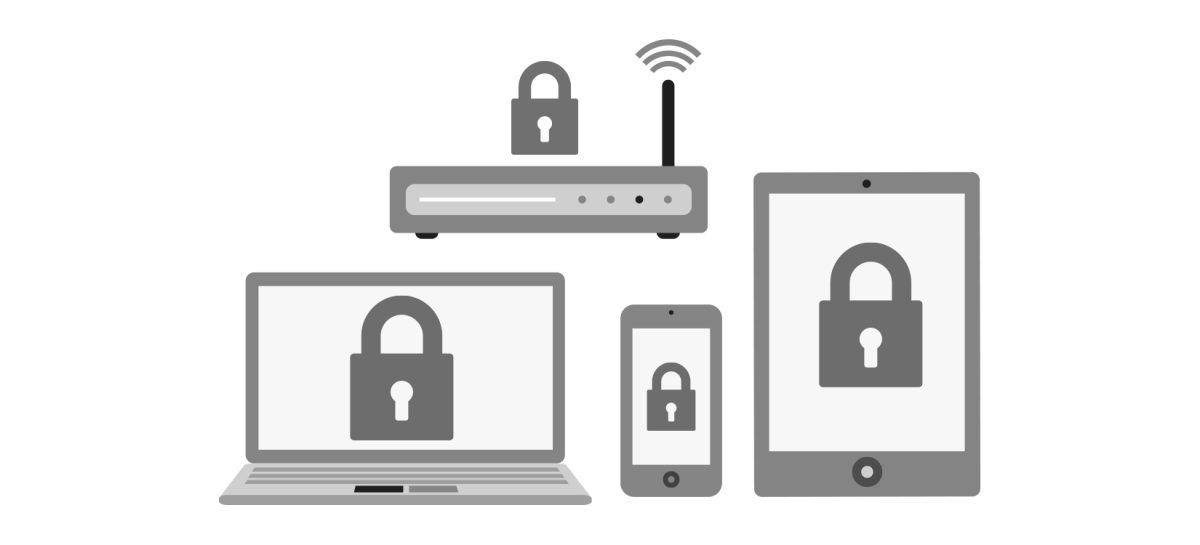The Office of Information Technology (OIT) released plans on Aug. 15 describing its goals for 2016-17 school year, focusing on improving user performance while maintaining security.
This year, OIT hopes for students to switch over to the more secure “eduroam” network for internet connectivity, rather than using the “ncsu” network, according to Stan Martin, OIT’s director of outreach, communications and consulting. Eduroam’s service is also available on other college campuses including Duke University, UNC-Chapel Hill and East Carolina University.
“In general, you should be using ‘eduroam,’” Martin said. “That’s one of the things we really want to help students understand, especially returning students who are used to using Nomad and ‘ncsu.’”
However, OIT is having issues using the “eduroam” network on video game consoles and other devices without web browsers. Without a web browser, these devices cannot install the certificates required to use the network, but students can still certify their devices for the “ncsu” network through the Nomad device registration system.
Catherine Lumsden, a student intern for OIT and a senior studying computer science, said she’s noticed people having trouble with the “ncsu” network.
“When I was at Campus Connections, a lot of people were asking me about how to use Nomad, and I was setting it up with five devices at some points,” Lumsden said.
In addition, OIT plans this year to finish installing routers in all on-campus residence halls in an effort to lessen interference from having too many routers.
This has proved challenging because NC State has 110,000 different devices connected to the network from students alone, and getting the money and tools to provide a network for all those devices will take another year or so.
OIT is also working toward implementing a two-step verification system for Shibboleth in the coming year. This system will require students to sign in with their password initially and then sign in with something else, such as a code sent through the phone.
OIT Vice Chancellor Marc Hoit hopes this will increase security measures for students and prevent their logins from being compromised.
“When you go to MyPack Portal, when you go to some web page, when you go to the student registration, when you go to the job’s portal, all those things use Shibboleth to authenticate, so we’re adding two-step onto Shibboleth to protect logins to 60-70 percent of the stuff that happens on campus,” Hoit said.
Security for students is vital because the campus holds records of student’s personal information such as payment transactions, financial records and academic records. Jonathan Greene, a senior studying technology education, uses two-step verification to protect his Google accounts.
“Two-step is much safer than just having to put your password, basically what it does is once you sign up for it then when you log onto an account on a device you haven’t logged on with before it will send a verification code to your phone,” Greene said.
Google also has other ways of applying two-step such as using a microchip that can be put on a keychain, once you log in initially you plug in the microchip and the system knows that you are the person trying to access your account that way it can’t be compromised as easily.
Virtual Computing Lab (VCL) is also getting a rework this year. VCL is software that was created by students at NC State years ago and it allows students to access to remote software and computers by connecting them on a reservation created by the app. The app will now be provided for users on systems that run on iOS.
A version of this article appeared on Aug. 25, 2016, on page 4, with the headline: OIT plans security increase








